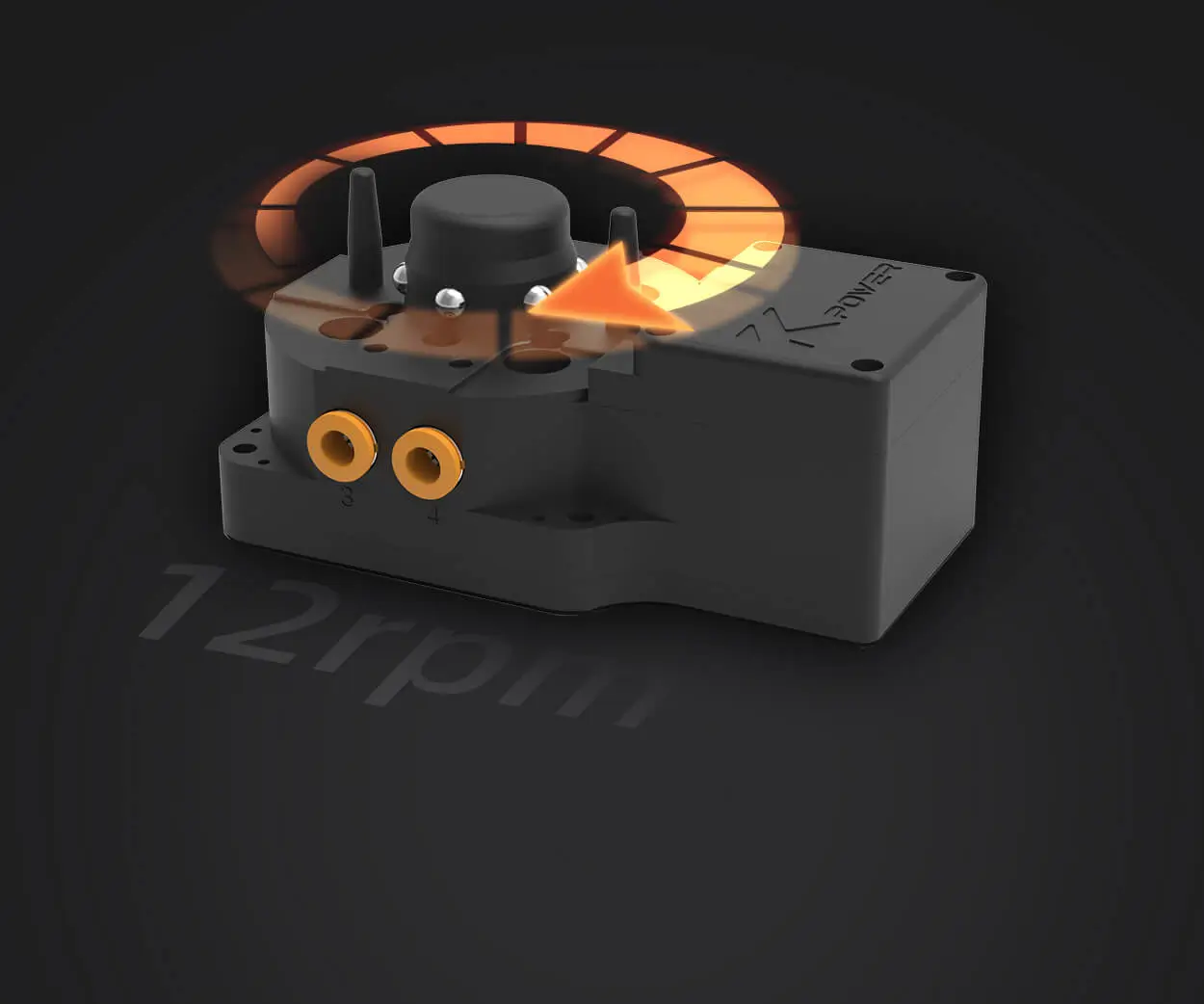Ever wonder how some apps seem to run seamlessly, even when handling hundreds of different features? It’s magic—or maybe just good architecture. Enter the JavaScript microservices framework—you know, that unsung hero behind many modern, fast, scalable web solutions. Think of it as that reliable sidekick that keeps the whole operation smooth, no matter how wild things get.

Microservices are like a bunch of tiny LEGO sets working together—each one has its own job, their own little domain. Instead of one big monolith that’s heavy to maintain, these smaller parts talk to each other over APIs, making everything more flexible. Here’s the kicker: when something needs updating, you’re not tearing apart a whole building. Just swap out a brick or two, and boom—ready to roll.
Using a JavaScript framework for microservices changes the game. Because JavaScript is everywhere—front-end, back-end, serverless—building microservices in JavaScript means smooth integration, quick deployment, and huge community support. Imagine pouring a fresh cup of coffee in the morning, feeling that instant warmth—same vibe here. You get rapid development cycles, faster iterations, and less downtime. Want to tweak that feature? No problem. Want to roll out new functionality overnight? It’s doable.
Here's a real-life snippet: say you’re building an e-commerce platform. The checkout process needs to be lightning-fast and reliable. With a microservices frame, authentication, inventory management, payment processing—all operate independently but cohesively. If a payment gateway updates or faces issues, it’s isolated—won’t bring down your whole site. That kind of independence saves a lot of headaches down the line.
But, let’s cut to the chase—what makes this framework stand out? It’s the simplicity combined with power. No convoluted setups, no overinflated dependencies. With a focus on lightweight, modular architecture, you can build, test, and deploy faster. Plus, debugging becomes less of a nightmare because each microservice runs in its own sandbox.
Wondering if this is right for your project? It really depends on scale and needs. For startups aiming for quick growth, or enterprise apps demanding high reliability, it offers a pathway to resilient, adaptable systems. Yes, it takes a bit of learning curve, but isn’t that just part of the adventure? Think of it as planting seeds—care for them, and they grow into a solid, thriving ecosystem.
In the end, adopting a JavaScript microservices framework isn’t just about tech. It’s about empowering your team, enabling rapid innovation, and keeping your app a step ahead in the game. That feeling when everything clicks into place—that’s what it’s all about.
Established in 2005, Kpower has been dedicated to a professional compact motion unit manufacturer, headquartered in Dongguan, Guangdong Province, China. Leveraging innovations in modular drive technology, Kpower integrates high-performance motors, precision reducers, and multi-protocol control systems to provide efficient and customized smart drive system solutions. Kpower has delivered professional drive system solutions to over 500 enterprise clients globally with products covering various fields such as Smart Home Systems, Automatic Electronics, Robotics, Precision Agriculture, Drones, and Industrial Automation.




































